The 47th ASEAN Summit marked several historic milestones, including the flag-raising ceremony, officially welcoming Timor Leste as the 11th full member of the ASEAN family. This event opened a new chapter for Southeast Asia, realizing a united, inclusive, and cohesive ASEAN community.
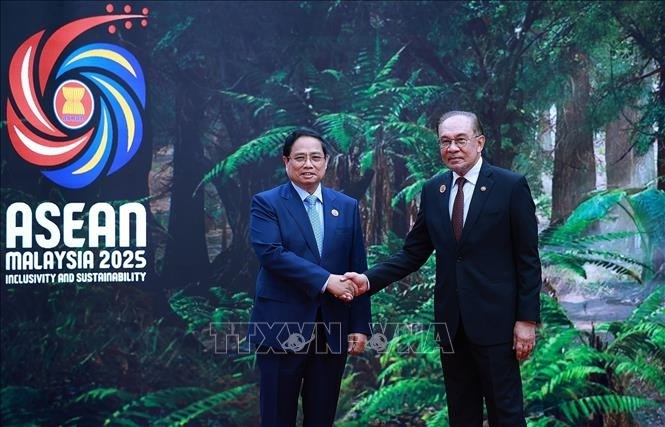
In addition, the Conference also witnessed many other significant activities, including a special peace signing ceremony between Thailand, Cambodia and the United States, and the commemoration of the 50th anniversary of ASEAN-New Zealand dialogue relations (with Vietnam acting as the coordinator).
The conference also adopted and acknowledged a large number of documents across various fields. In particular, all four areas of culture, sports, tourism, and information saw the adoption and acknowledgment of important documents by ASEAN senior leaders, creating a political framework and strategic direction for specialized cooperation.
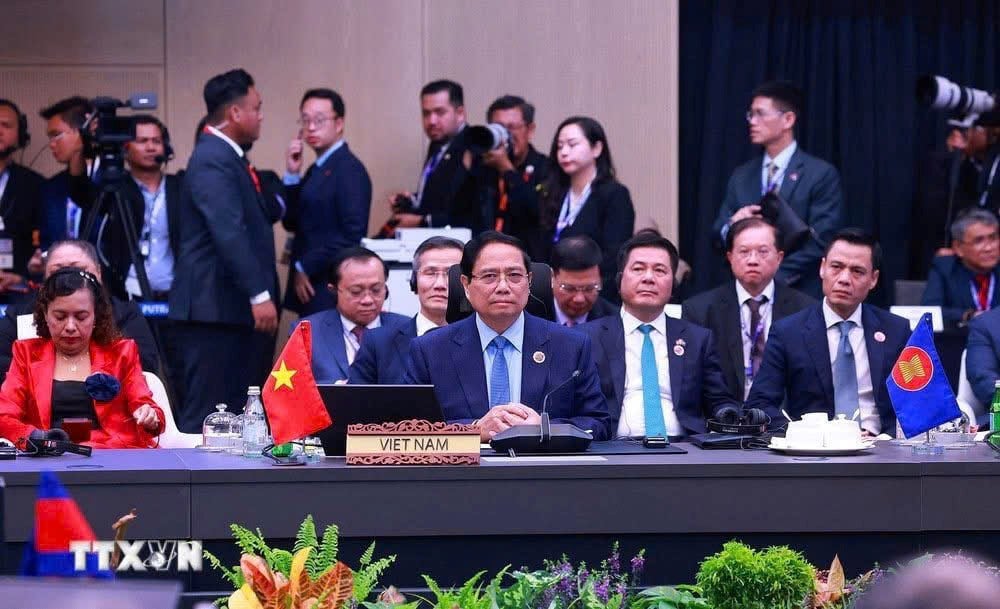
In the cultural sphere, the leaders adopted the Melaka Declaration on Creating Value from Cultural Heritage. This document affirms ASEAN's commitment to maximizing the socio-economic potential of cultural heritage, encouraging new economic models that link heritage preservation with the development of creative industries and sustainable tourism.
In the field of sports, the Conference witnessed the signing of a Memorandum of Understanding (MOU) between ASEAN and the International Football Federation (FIFA). This document establishes a framework for cooperation over the next five years, aiming to leverage the power of football to promote socio-economic development, particularly in areas such as school football, integrity in sports, and promoting healthy lifestyles.
In the field of tourism, two important declarations were adopted. The first is the ASEAN Leaders' Declaration on Quality Tourism. This declaration provides a common definition of “quality tourism” as sustainable, inclusive, and responsible management, while promoting investment in tourism infrastructure at second- and third-tier destinations to ensure equitable development.
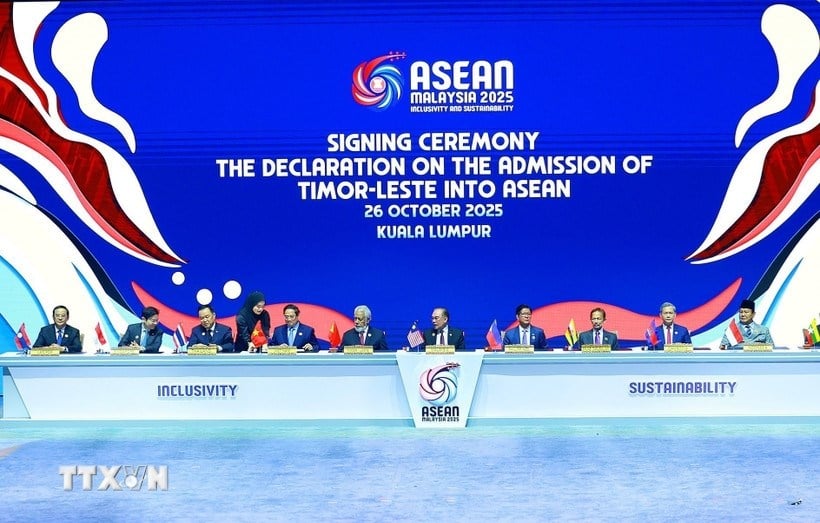
Secondly, there is the Joint Statement of ASEAN-India Senior Leaders on Sustainable Tourism. This is an initiative of India for the ASEAN-India Tourism Year 2025, emphasizing a commitment to cooperation based on three pillars: environmental sustainability, economic sustainability, and socio-cultural sustainability.
In the information sector, two Declarations were adopted to address the challenges of the digital age. The Bandar Seri Begawan Declaration reaffirms the Information Ministers' commitment to strategic progress, adapting to the rapidly evolving media landscape. This Declaration also outlines efforts to support digital transformation and address common concerns such as misinformation.
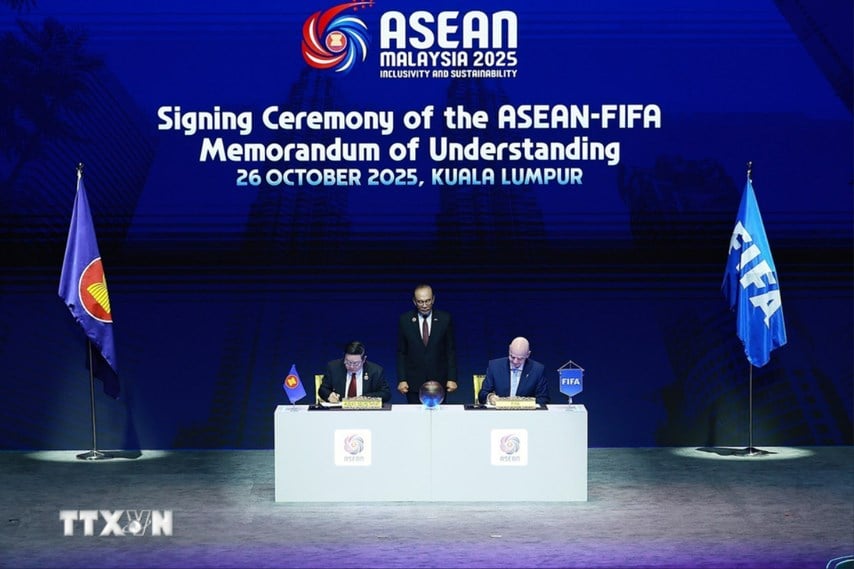
Furthermore, the Kuala Lumpur Declaration on the Safe and Responsible Use of Social Media Platforms directly addresses the challenges arising from social media abuse such as fake news and hate speech, aiming for a safe and trustworthy online environment, particularly protecting vulnerable groups and enhancing the digital empowerment of citizens.
In addition to the documents that were adopted, senior leaders also noted three important strategic documents that will serve as a roadmap for the development of the region's tourism industry over the next five years.
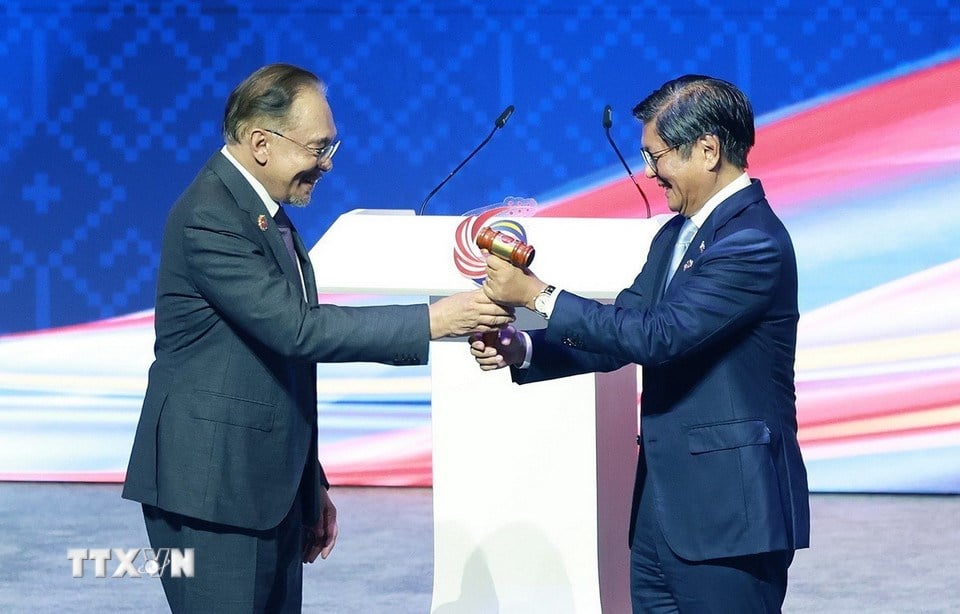
This includes the ASEAN Tourism Sector Plan 2026-2030 (ATSP), which outlines the development of sustainable, inclusive, digitized, and resilient tourism in ASEAN. Alongside this is the ASEAN Tourism Marketing Strategy 2026-2030 (ATMS), a common promotional framework aimed at positioning Southeast Asia as a unified, world-class destination, focusing on data-driven marketing and sustainable product development.
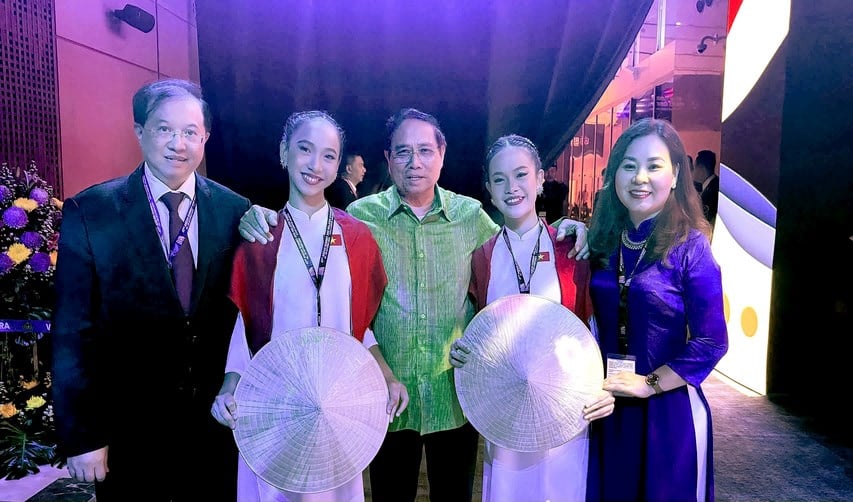
The leaders also acknowledged the ASEAN Tourism Outlook 2025 document, a comprehensive report providing analyses of tourism trends and development directions in the post-pandemic period, highlighting the role of digital transformation, new traveler behaviors, and the demand for meaningful experiences.
The adoption and acceptance of these important documents demonstrate ASEAN's strong political determination to promote specialized cooperation, contributing to affirming the active and proactive role of Vietnam in general and the Ministry of Culture, Sports and Tourism of Vietnam in particular in international integration and building a cohesive, resilient and sustainably developed ASEAN Community.
At the closing session, Malaysia officially handed over the ASEAN chairmanship gavel to the Philippines, which will assume the ASEAN chairmanship in 2026.
Source: https://baovanhoa.vn/van-hoa/nhieu-van-kien-ve-vhttdl-va-thong-tin-duoc-thong-qua-tai-hoi-nghi-cap-cao-asean-47-177833.html



![[Photo] Two flights successfully landed and took off at Long Thanh Airport.](/_next/image?url=https%3A%2F%2Fvphoto.vietnam.vn%2Fthumb%2F1200x675%2Fvietnam%2Fresource%2FIMAGE%2F2025%2F12%2F15%2F1765808718882_ndo_br_img-8897-resize-5807-jpg.webp&w=3840&q=75)




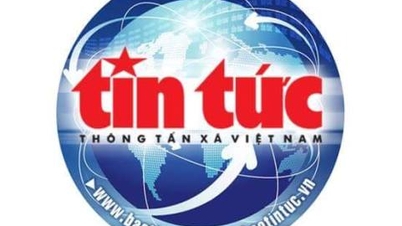








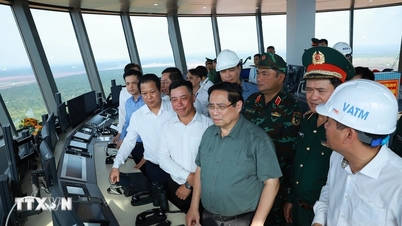









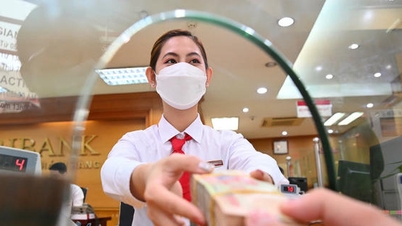
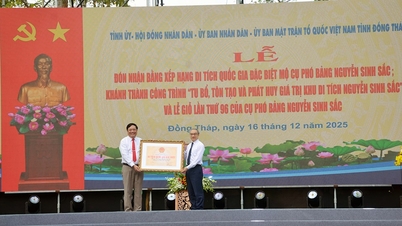


























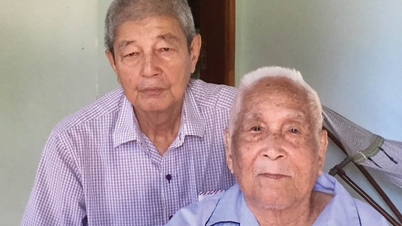


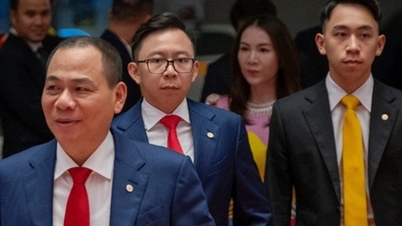




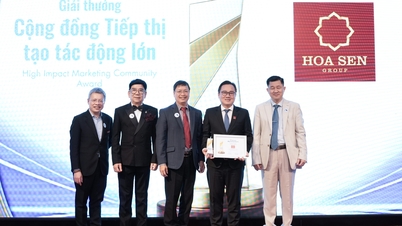










































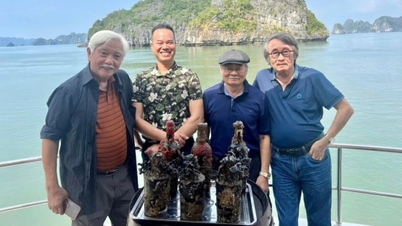




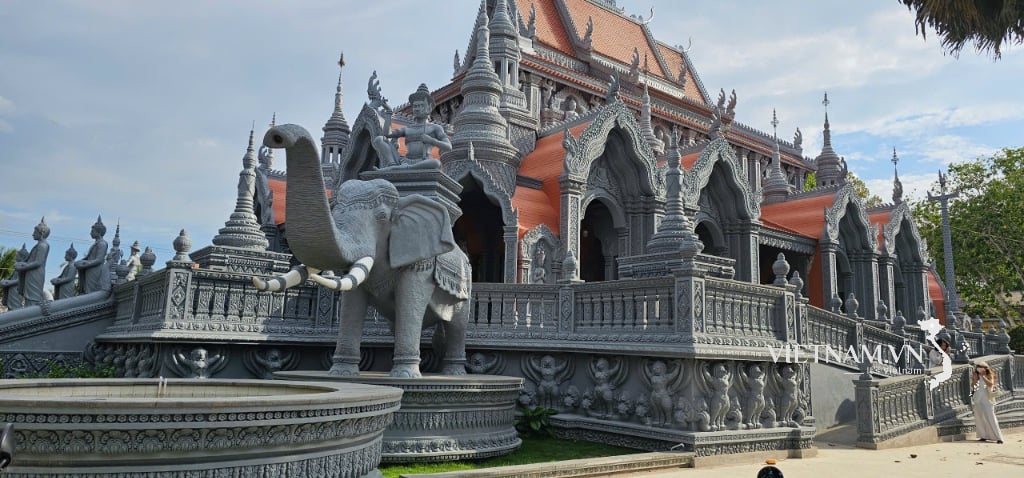
Comment (0)